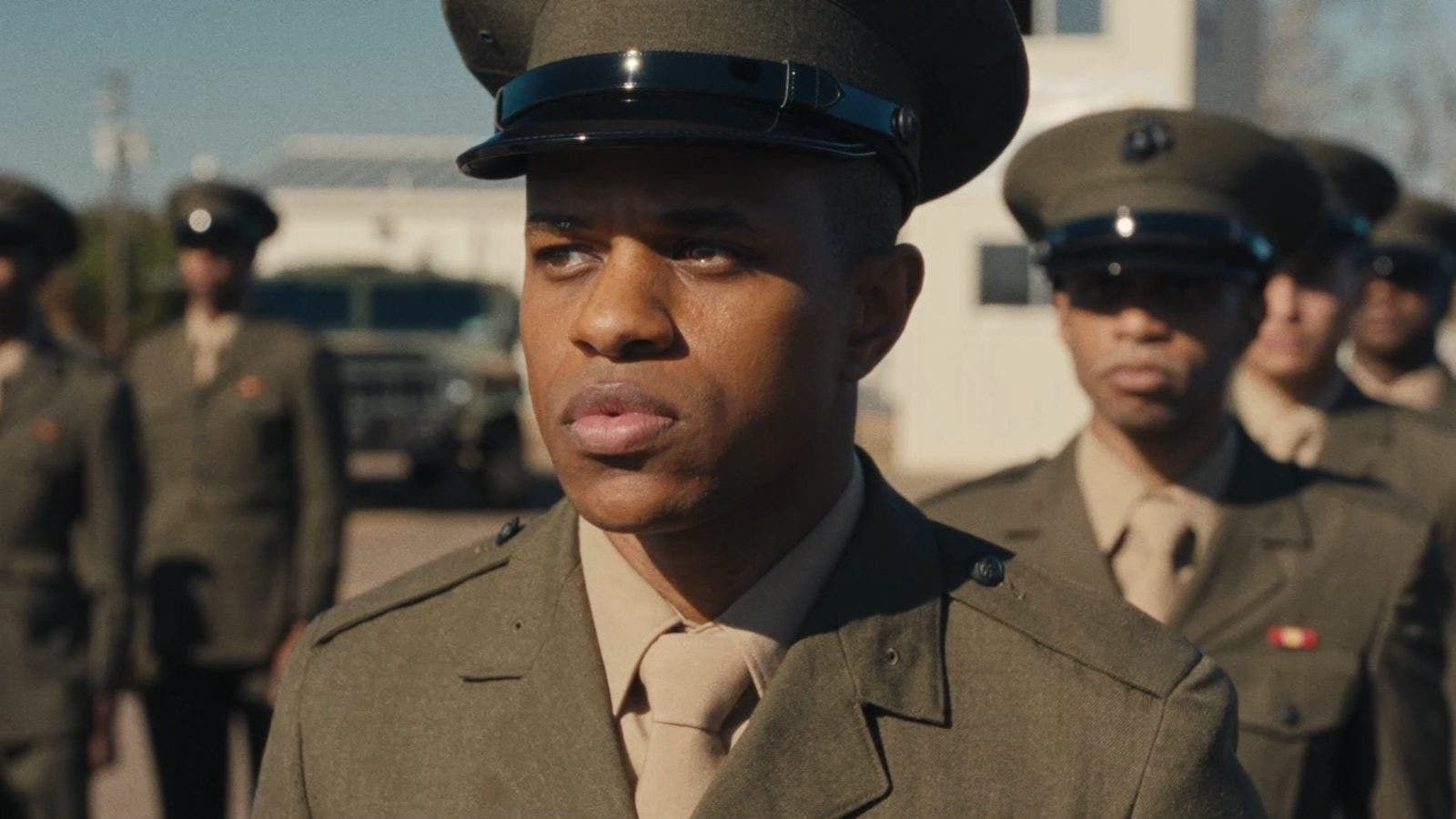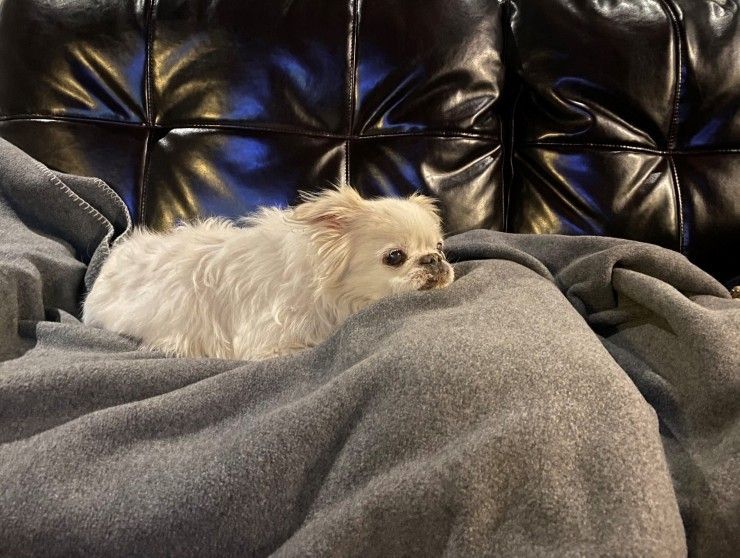
Learn from editor Oriana Soddu as she discusses the filming process and her inspiration.
This post was written by Meagan Keane and originally appeared on Adobe blog on Nov. 18, 2022.
Inspired by director Elegance Bratton’s real-life experiences, The Inspection follows a young, gay Black man, who decides to join the Marines to do whatever it takes to succeed in a system that is determined to cast him aside. Already rejected by his mother, Ellis French faces deep-seated prejudice and a grueling training regime within the Marine training camp but through it all, finds support and strength within his new community.
Coming off its world premiere at the Toronto International Film Festival, and with The Inspection premiering in theaters on Nov. 18, 2022, we sat down with editor Oriana Soddu to discuss the filming process and her inspiration.
How and where did you first learn to edit?
I always knew I wanted to be an editor, so when I graduated from college, I was lucky to find work as an apprentice editor on writer and director Steve Buscemi's dramedy, Trees Lounge. The film's editor, Kate Williams, was a great mentor, and she was the first to let me sit in the edit room and watch her work. Spending those months in that tiny room in Chelsea was my first real exposure to what life as an editor would look like.
How do you begin a project/set up your workspace?
For The Inspection, I traveled to Jackson, Mississippi to edit dailies on location. The assistant editor in Mississippi, Jared Hollingsworth, and I set up two edit rooms in an office building that were close to set so we could get cards messengered over and ingested immediately. It was around-the-clock work to keep up with production, but we managed to leave Mississippi with a full string out of the film—thanks to the full editing crew including Jared and Zach Eddy.
Tell us about a favorite scene or moment from this project, and why it stands out to you.
The scenes between Jeremy Pope (as French) and Gabrielle Union (as his mother, Inez) were the most critical to get right. While most of the film takes place at basic training, it's the relationship between French and Inez that's the real emotional core of the film. Their relationship is fraught and complicated, and Pope and Union made our lives a lot harder by giving us so much incredible material to work with. After all these months, I still get really emotional watching these two incredible actors' nuanced performances.
What Adobe tools did you use on this project, and why did you originally choose them? Why were they the best choice for this project?
We used Premiere Pro and After Effects. From a production standpoint, it made sense for us to edit using the raw footage while on set and replace it with proxies when time allowed. Creatively, we knew this film would thrive with lots of experimentation while in the edit bay, especially with the numerous dream sequences. I can't exactly pinpoint why, but Premiere Pro feels more conducive to a better free-flowing editing experience. I can try a bunch of different options and find the edit through play.
What do you like about Premiere Pro, and/or any of the other tools you used?
Considering the accelerated production schedule, it was useful for us to begin cutting with raw footage on set and then replace with proxies later. The Inspection is not a VFX heavy film, but we did use After Effects for a number of scenes, and it was so convenient to use Dynamic Link when updating composites throughout our timeline. All the temporary VFX work was done by my New York assistant editor, Noah Benezra.
What’s your hidden gem/favorite workflow tip in Adobe Creative Cloud?
It's not fancy, but I'll often pull selects out of a sequence by raising a clip up onto a higher video layer. In Premiere Pro, I can just hit in-out and "nudge clip, selection up", without making any cuts. Again, not so high-tech but something I haven't been able to do in other NLEs.

Who is your creative inspiration and why?
On this project, Bratton was my inspiration. His energy and enthusiasm for the film was infectious, and we all felt like we were part of something that we knew was going to resonate with audiences. I feel so honored to have been a part of telling his story.
What’s the toughest thing you’ve had to face in your career and what advice do you have for aspiring filmmakers or content creators?
In general, too many notes from producers, and then once addressed realizing that the notes can actually make the piece better! Also, the best advice I can give is to find collaborators you love working with.
What’s your favorite thing about your workspace and why?
I love being able to bring my dog to work.


Your Comment